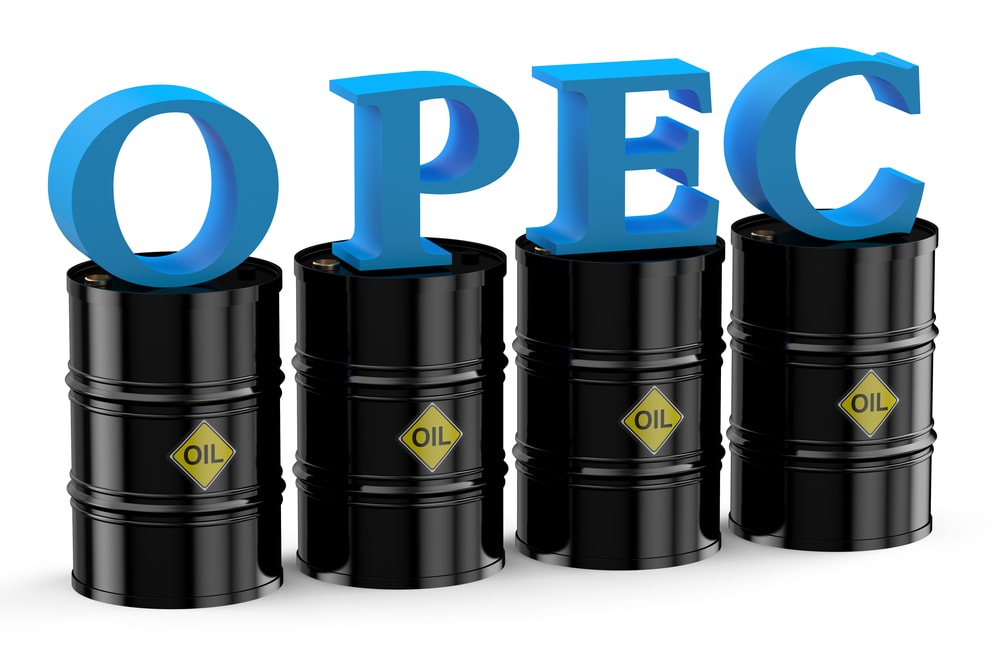OPEC+, the alliance of oil-producing nations led by Saudi Arabia and Russia, opted to maintain its current production policy during a meeting held on April 3rd, 2024. This decision comes amidst a period of high oil prices, driven by a confluence of factors including tighter supply, ongoing geopolitical tensions, and infrastructure disruptions.
The group, which has been implementing voluntary production cuts of 2.2 million barrels per day (bpd) since March, aims to stabilize the global oil market. This strategy appears to be yielding results, with Brent crude, a key benchmark, reaching its highest point in five months at over $89 a barrel on the day of the meeting.
The decision to hold production steady reflects OPEC+'s cautious optimism about the market's current trajectory. The ongoing war in the Middle East and attacks on Russian energy infrastructure have exacerbated supply concerns, contributing to the price surge. Additionally, the prospect of a potential economic slowdown, particularly in major consumer nations, could dampen demand in the near future.
By maintaining current output levels, OPEC+ is attempting to strike a delicate balance. On the one hand, they aim to prevent prices from spiraling upwards and fueling inflation. High energy costs can have a ripple effect throughout the global economy, impacting everything from transportation to manufacturing. On the other hand, the alliance also seeks to ensure sufficient revenue streams for its member states, many of whom rely heavily on oil exports to finance their budgets.
Russia's role within OPEC+ has garnered particular attention in recent months. Following Western sanctions imposed in response to the Ukraine war, concerns arose regarding Russia's ability to maintain its oil production quotas. However, Russia's Deputy Prime Minister, Alexander Novak, recently announced the country's commitment to focus on reducing production rather than exports. This move is seen as an effort to ensure a more equitable distribution of production cuts among member states.
The decision by OPEC+ to hold production steady is likely to be welcomed by consumers facing high fuel prices. However, it remains to be seen how long this policy will be maintained. The global oil market is a complex and dynamic system, susceptible to unforeseen disruptions. OPEC+ will undoubtedly continue to monitor market conditions closely and adjust its production strategy as needed in the coming months.

